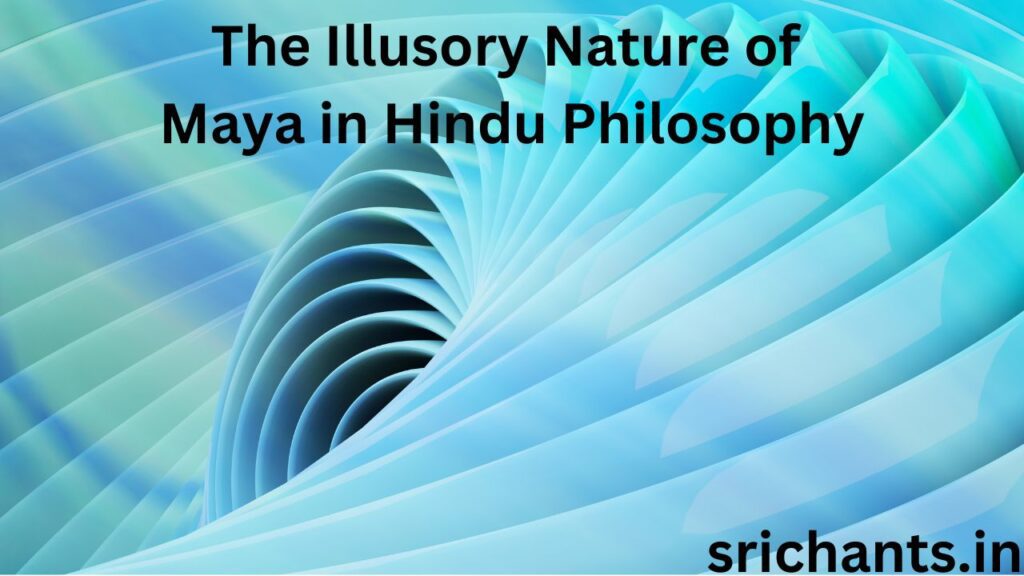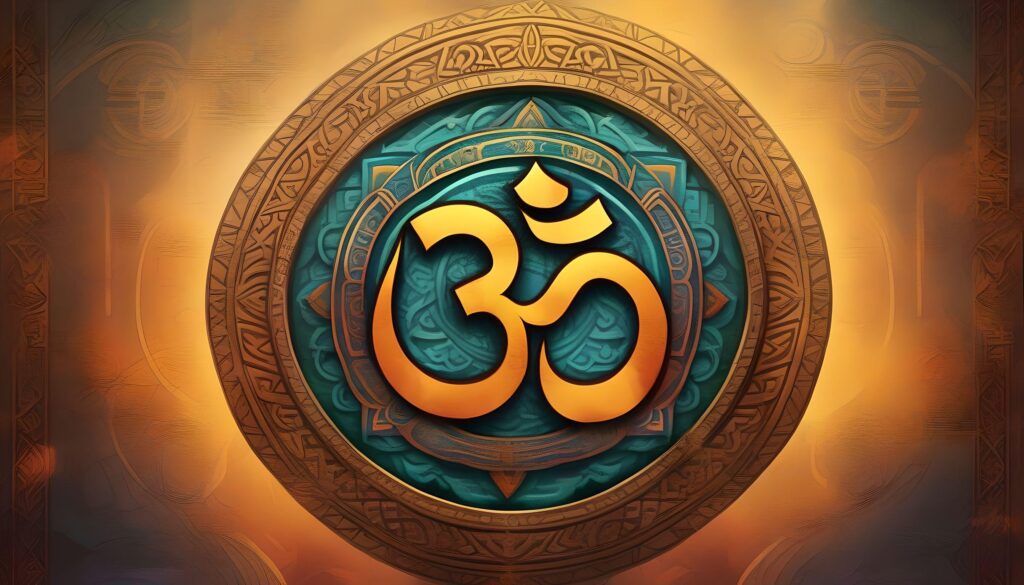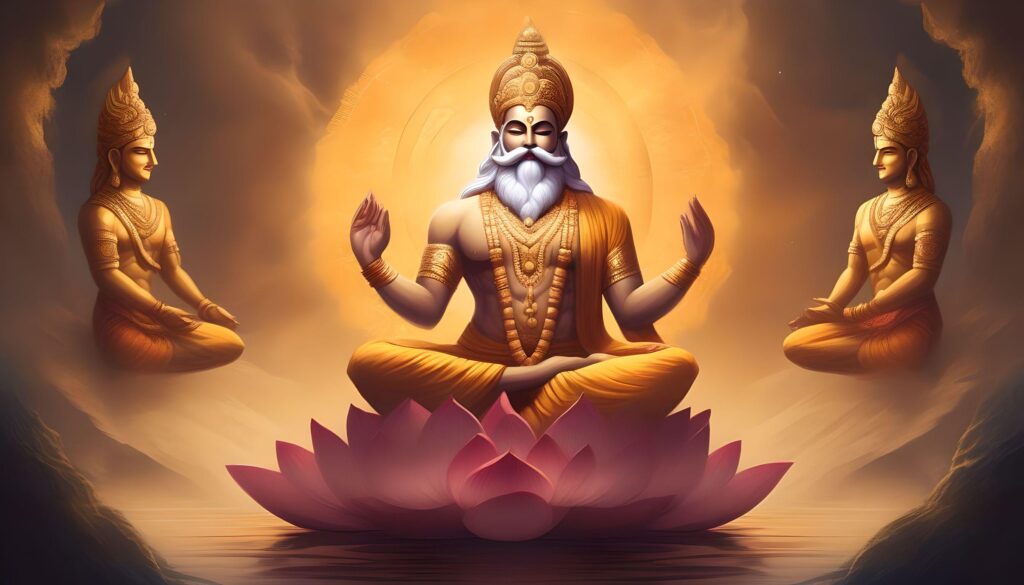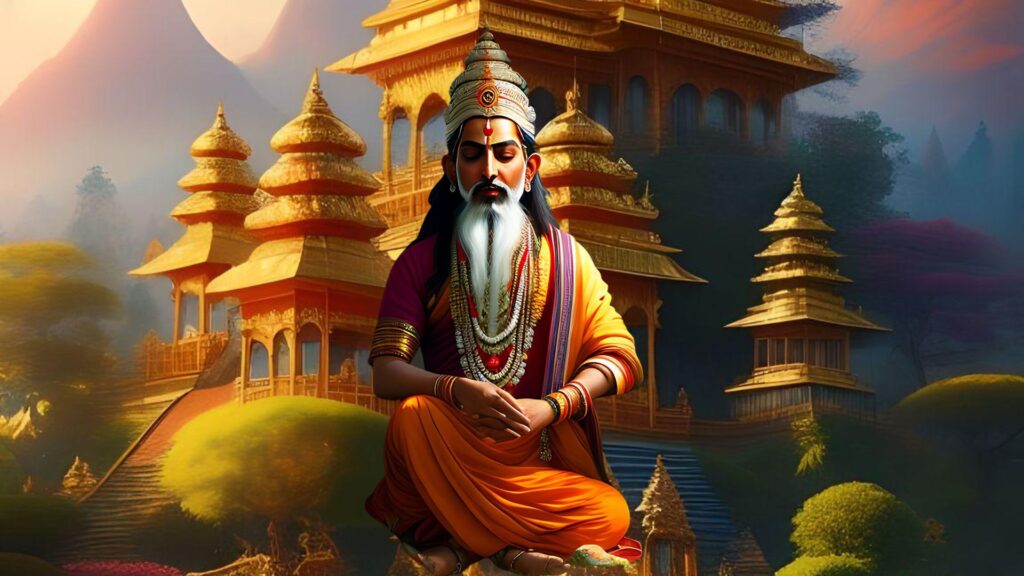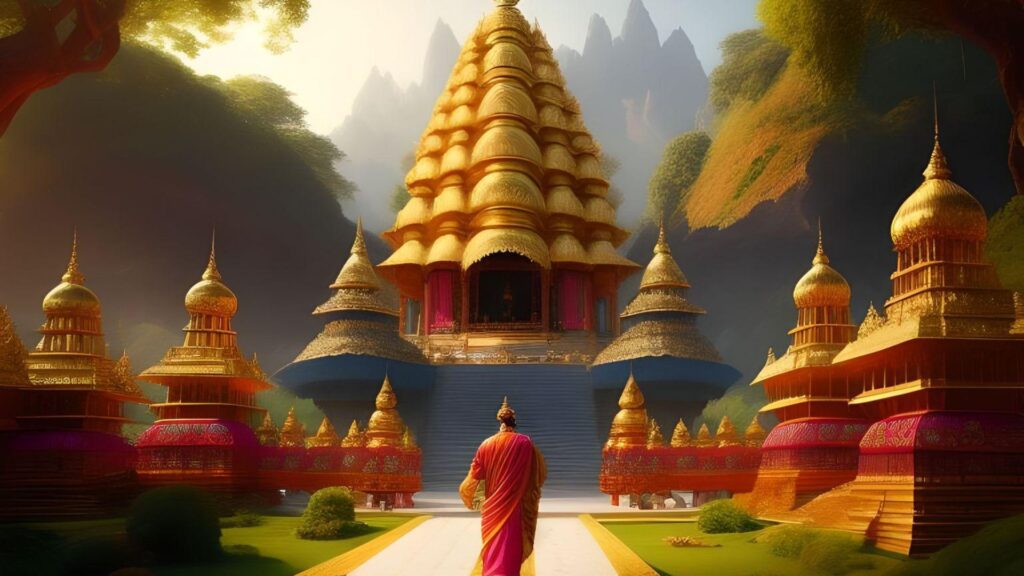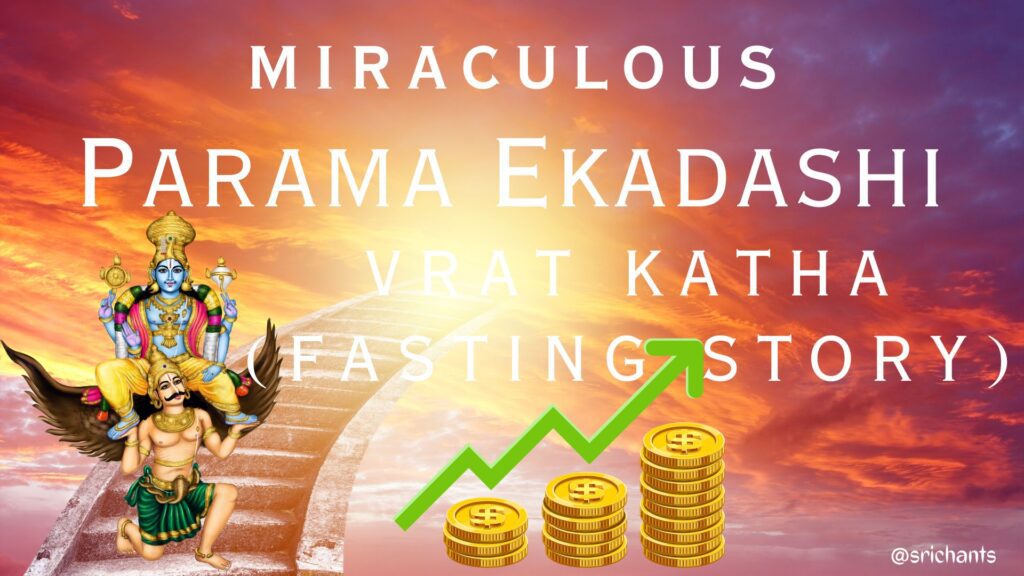The Illusory Nature of Maya in Hindu Philosophy
Maya, a fundamental notion in Hindu philosophy, explores the illusory quality of being. The term “maya” pertains to the illusory veil that hinders our seeing of the world. Delusionary forces obscure our true selves and deceive us into associating ourselves with a world that is impermanent and constantly evolving. This article will examine the Hindu philosophical concept of maya, its ramifications, and the means by which it can be surmounted in order to achieve spiritual enlightenment.
The Illusion of Phenomenal World
According to Hinduism, the material universe is a projection of the supreme consciousness of God and not an absolute reality. This phenomenon is regarded as transitory and deceptive, as it imparts the appearance of unity and enduring nature. The world that we perceive is the result of independent entities assembling themselves, either by chance or by means of a conscious decision.
Every entity in the material universe, ranging from the minuscule complexities of the human body to the enormous expanses of galaxies, is in its present state by means of the aggregation of diverse elements. Even a single constituent modification will result in a complete transformation of the object. The dynamic and perpetual nature of the universe serves to underscore its illusory core. The reality of our presence in this world is contingent upon a restricted vantage point and particular circumstances.
The Play of Consciousness
Creation is described in the Hindu scriptures as the performance of consciousness. Without a particular purpose or desire, the transcendent consciousness ultimately withdraws everything into itself after differentiating into various forms. The philosophical underpinnings of Vedanta, the Upanishads, assert, “All this is in fact Brahman,” highlighting the analogy between the ever-evolving world and the dynamic imagery displayed on a film screen. The unchanging Brahman imparts the essence of the world, just as the unchanging screen imparts actuality to the film.
The constraints of time, space, and causality, nevertheless, obscure our perception of reality. The world is perceived via the sensory organs, which are additionally obscured by erroneous identification. We misidentify with the body, intellect, and ego rather than acknowledging our true nature as the divine Atman. This erroneous perception results in a lack of knowledge and the subsequent anguish it causes.
The Veil of Maya
Maya is comparable to obstructive clouds that obscure our view of the sun. Although the sun is still visible in the sky, dense cloud cover obscures our view of it. Likewise, maya manifests itself in the form of egotism, selfishness, hatred, greed, lust, wrath, and ambition, all of which obscure our understanding of our authentic divine essence. It fosters an understanding of duality, isolation, and a profound longing for the impermanent elements of being.
The eminent philosopher-sage Shankara illustrated the concept of maya through the analogy of a rope and a serpent. Consider traversing a dimly lit thoroughfare when you notice what seems to be a serpent. You are overcome with fear, only to discover upon closer investigation that it is nothing more than a coiled rope. The delusion dissipates, and the serpent permanently disappears. When we awaken to the truth of our divine nature, our erroneous perception of ourselves as mortal beings and the world as a conditioned reality similarly vanishes.
Overcoming Maya
In order to surmount maya and surpass its illusory essence, a profound transformation in consciousness and internal training are necessary. Maya endures so long as duality and the perception of separation continue to exist. When our minds and senses are stabilized, it dissipates, enabling us to perceive the world without the dichotomy between the seer and the seen. Maya exerts its influence even upon the gods, who inhabit celestial domains, due to their own experience of duality and plurality.
Overcoming maya is accomplished through self-realization and ego dissolution. A person’s soul recollects its intrinsic and fundamental essence when the ego is subdued and the mind and senses are withdrawn. Spiritual enlightenment is attained through the realization that attachments and desires are illusory and cause suffering. By engaging in ethical principles, performing altruistic deeds, and initiating meditation, it is possible to purify the mind and surpass the limitations imposed by maya.
The Significance of Maya in Spiritual Growth
Comprehending the deceptive quality of maya is essential for one’s spiritual development. This serves as a poignant reminder that our perceptions are fallible and that our fundamental nature transcends the confines of material existence. We can attain liberation by recognizing the ephemeral nature of worldly attachments and identifying with our divine nature, thereby emancipating ourselves from the bonds of maya.
Gaining an understanding of our intrinsic divinity empowers us to traverse the world with lucidity, sagacity, and empathy. In place of clinging to the delusions of material prosperity, influence, and notoriety, we now endeavor to evolve spiritually and recognize the interdependence of all beings. The process of surpassing maya is a profoundly transformative one, culminating in the revelation of our intrinsic divinity and self-awareness.
Conclusion
In summary, maya, an essential notion in Hindu philosophy, explores the illusory quality of being. It signifies the ephemeral nature of the material world and the concealment of our authentic divine essence. Through the process of self-realization and the dissolution of the ego, it is possible to transcend maya and achieve liberation and spiritual awakening. A profound comprehension of the illusory essence of maya is imperative for one’s spiritual development and facilitates a more profound union with one’s inherent being. Adopting our divine essence empowers us to traverse the realm with lucidity, sagacity, and empathy, culminating in the process of self-exploration and spiritual development.
